Description
Preface
The tafsir discourses in this book were recorded during Ramadan in October 1971 just two months before Shaykh Muhammad ibn al-Habib died in Algeria on his way to Hajj. They are the only recordings ever made of the teaching of the Shaykh and, as such, represent an extremely precious element of his legacy. His teaching discourses almost always took the form of giving a tafsir of Quranic ayahs that had just been recited and these discourses follow that pattern. It was his custom in Ramadan year on year to remain in Meknes during the entire month and go through the Qur’an from end to end, starting in one Ramadan where he had finished the previous year. In this, his last Ramadan, he began half way through ayah 156 of Sura al-A‘raf, which was where he had reached the year before.
It must be remembered, as can be seen from the short biography that introduces this volume, that Shaykh Muhammad ibn al-Habib completed his studies at the very beginning of the 20th Century, certainly before 1905. This means that he was from the last generation of scholars whose entire education took place before the intervention of any colonial administration into the Moroccan education system. So he was the direct legatee of a traditional education process that had been continuing unbroken in Fez for more than a millennium and that was completely unaffected by the ethos of scientific materialism which the colonial powers brought in their wake and which now dominates the entire world. This is clearly reflected in his teaching which comes across with a freshness and authenticity and freedom from any modernist influence that no scholar of subsequent generations has been genuinely able to achieve.
This is reflected in everything he says but is demonstrated particularly clearly in his continual insistence on a pure understanding of tawhid. This is something he emphasised generally throughout his teaching and, as can be seen, he returns to it again and again in these discourses. Something else that shines through in his words is his constant, almost urgent, awareness of the Divine Presence and the reality of the Next World, and his fervent desire to communicate that to his hearers so that they realise the true nature of the human situation and their need to act upon what he says. This has made these discourses as relevant, or even more relevant, than they were when they were first delivered fifty years ago.
The doctrines of scientific materialism, positing, as they do, the absolute reality of cause and effect, have now penetrated even more deeply into human consciousness and have made it vital that the true teaching of tawhid is once more made accessible to Muslims in the way it is through the Shaykh’s words here. And the rampant secularism that now dominates virtually the whole world, which treats the Divine Presence and the realities of the Next World at best as myth and frequently as fiction, makes the Shaykh’s certainty about them and vibrant awareness of them all the more inspiring and needed in the present time. May Allah greatly benefit all who read these discourses and increase the reward of Shaykh Muhammad ibn al-Habib by the benefit they bring.
Abdalhaqq Bewley
Shaykh Muhammad ibn al-Habib 1288/1871 – 23 Dhu al-Qa‘da 1391/11 January 1972
The highly informative brief summary of the life of Shaykh Sidi Muhammad ibn al-Habib, may Allah purify his secret, by Bashir ibn Isma’il reveals, as Abdalhaqq Bewley insightfully says, that he was entirely grounded in the tradition and unaffected intellectually by the materialism of the so-called ‘enlightenment’ that so devastatingly worked its mischief on so many Muslims. Moreover, he was an exemplar of the almost uniquely Moroccan take on the deen, that is the unity of Islam, Iman and Ihsan derived from the Madinan tradition rather than later efforts at synthesis. Not only was the Shaykh thoroughly grounded in the sciences of the ‘ulama but, experiencing the imperial French attempt at colonisation, he engaged in jihad having to learn to ride a horse and use weapons for the purpose. In the last decades of his long life, he travelled constantly in Morocco and Algeria teaching people in the cities, the villages and the deserts, and going on Hajj three times, the third time passing away in Algeria at more than a hundred years of age, may Allah be merciful to him and pleased with him.
Sample

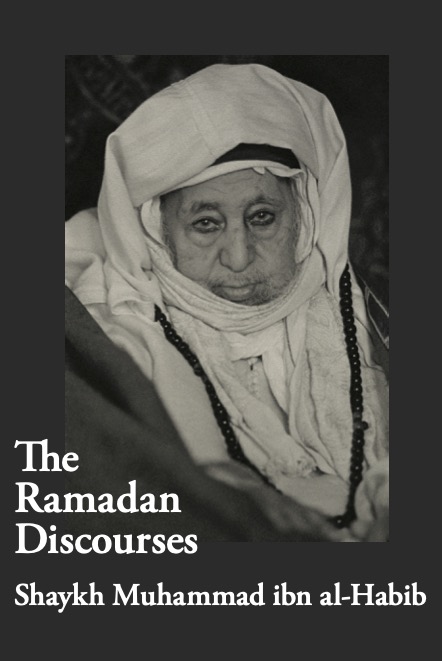


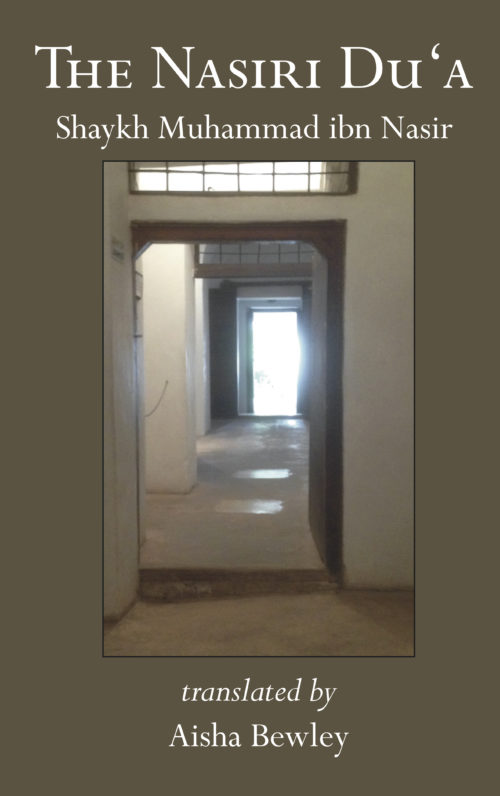
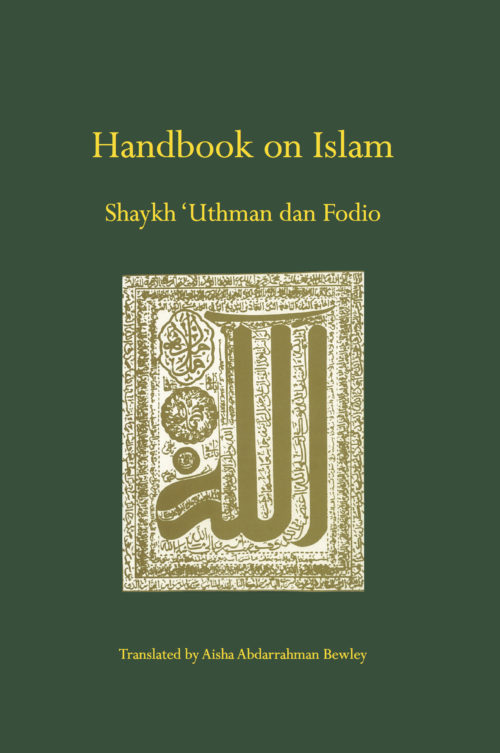
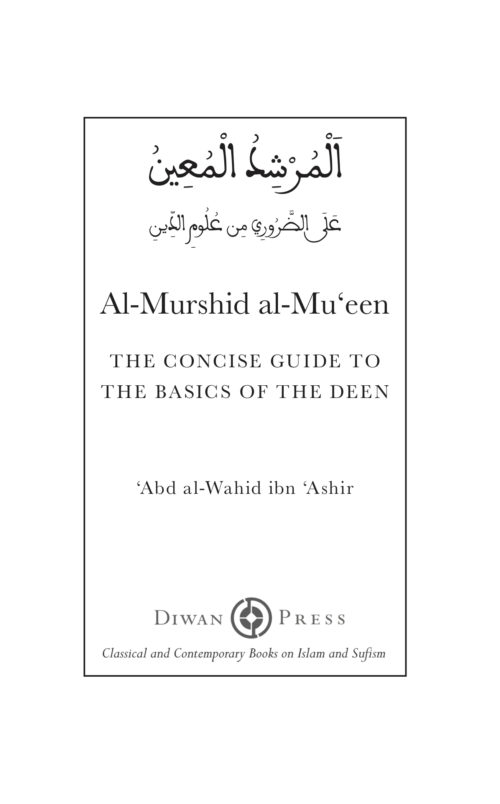
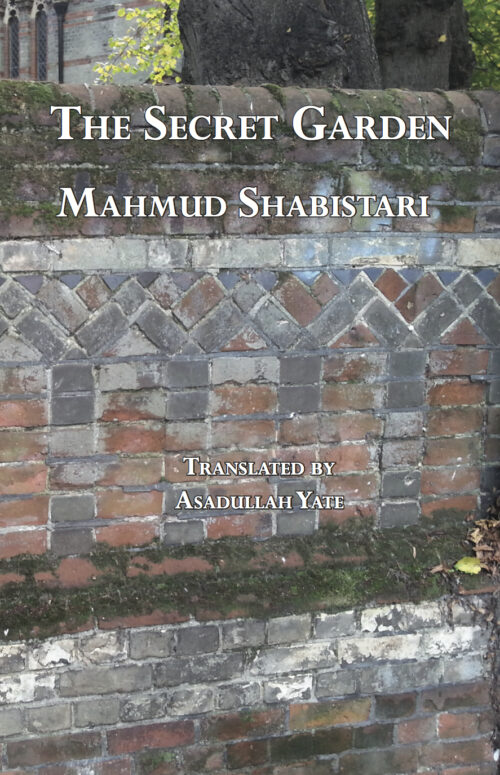
Reviews
There are no reviews yet.